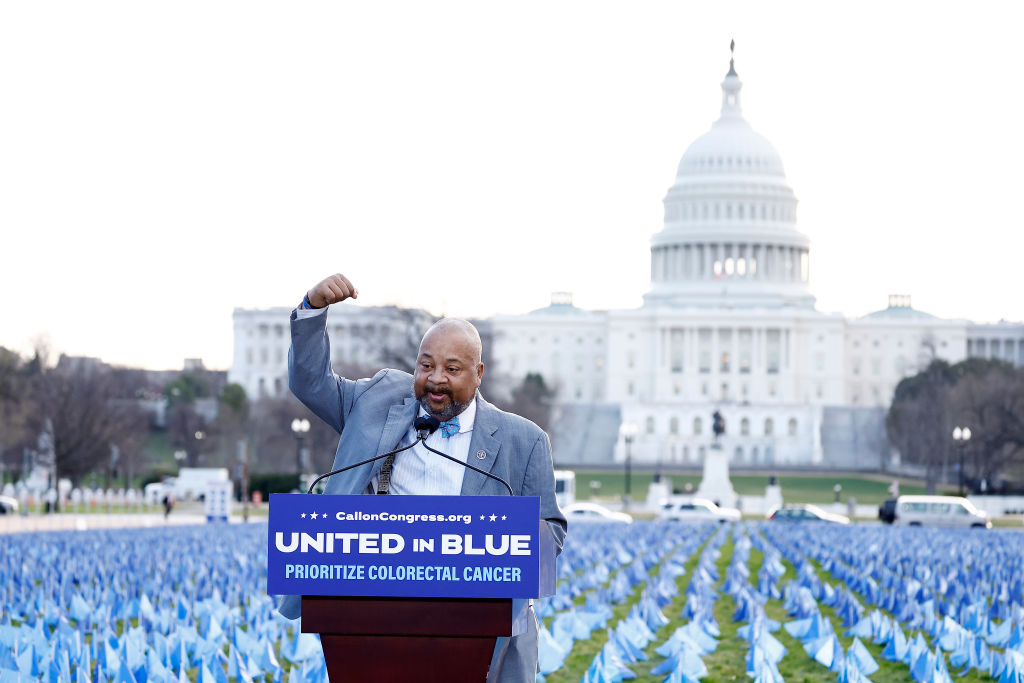A Hofstra University student from New York City is suing after he says he was barred from joining the Army Reserve Training Corps program on campus because of the long hair, beard and turban he keeps for his religion.
Iknoor Singh, a sophomore at the school in Hempstead, has been attempting to enlist in the ROTC program since his freshman year, according to the lawsuit filed on his behalf by the American Civil Liberties Union and the United Sikhs organization.
But he was told he couldn't enlist unless he cut his hair, shaved his beard and removed his turban, which goes against Singh's beliefs as a Sikh.
The student tried to appeal several times only to be turned down because, ROTC officials told him, it "would have an adverse impact on the Army's readiness, unit cohesion, standards, health, safety, or discipline," the lawsuit states.
"Mr. Singh is now left with an untenable choice: Enlist as an ROTC Cadet and abandon the sacred religious practices that he has followed his entire life, or forfeit his dreams of joining ROTC -- along with the many benefits of enlistment in the program, which is the largest officer commissioning source in the military," the lawsuit states.
Singh told NBC 4 New York Thursday, "Once a Sikh gets rid of his hair and his beard, it's in direct violation of his faith. You lose what God has given to you."
Hofstra University said in a statement that Singh is currently enrolled in the ROTC class though not as a "full Cadet," and that he is receiving leadership training "to the extent that the U.S. Army has allowed."
"Hofstra University entirely supports Mr. Singh's ambitions to serve his country," the statement continued. "We very much hope that the Army will permit us to enroll Mr. Singh in the program as a full Cadet.".
Local
Singh is seeking a religious accommodation for his entrance to the program. In an appeal letter filed last November, Singh pointed to several other Sikhs who received accommodations to serve in the Army with their articles of faith intact.
"Mr. Singh seeks only the same or similar accommodations previously granted to other Sikhs and service members of other faiths. If granted, these accommodations will be implemented by Mr. Singh in a neat and conservative manner," the lawsuit says.
"They will not interfere with the safe and effective operation of military equipment or use of protective clothing, pose a health or safety hazard to him, or otherwise impair his ability to carry out his ROTC duties."
But the appeals process has become a catch-22.
"He can't seek an accomodation unless he enlists, but as soon as he enlists, he'll have to violate his faith" by cutting his hair and beard, said Heather Weaver, an ACLU attorney.
Singh, a lifelong practicing Sikh who was born and raised in Queens, wants to join the Army as a military intelligence officer, and the lawsuit highlights his fluency in Punjabi, Hindi and Urdu as "critical skills" that are, by Department of Defense standards, "vital to the national interest."
"Singh should be considered a strong candidate for ROTC and a highly valuable potential asset to the U.S. military," the lawsuit said.
Singh was told that religious exemptions for the Army's grooming policy "are extremely limited" and granted "on a case-by-case basis by the Deputy Chief of Staff for the Army" only "where the Soldier possesses a specific skill that is vital to national security interests."
Students have up until the end of their sophomore year to enlist as a cadet in the program, meaning the deadline for Singh to be able to get in is drawing near.
In the meantime, Singh has been auditing a beginners' military-science course so that he won't fall too far behind in his military education and training, according to the lawsuit. He's not receiving credit for the course.
Singh majors in finance and intends to pursue a minor in business analytics at Hofstra, the lawsuit says.
The Sikh faith dictates that followers maintain five articles of faith to establish their commitment to God. Kesh, allowing the hair to grow naturally, is a "sign of respect toward the perfection of God's creation," and the turban "serves as a reminder of his relationship with God and public declaration of his dedication to God," according to the lawsuit.
The lawsuit names Secretary of the Army John McHugh, and other Army officials, including Hofstra's ROTC Commander, Lt. Colonel Daniel L. Cederman, as defendants. The U.S. Army couldn't immediately be reached for comment.



